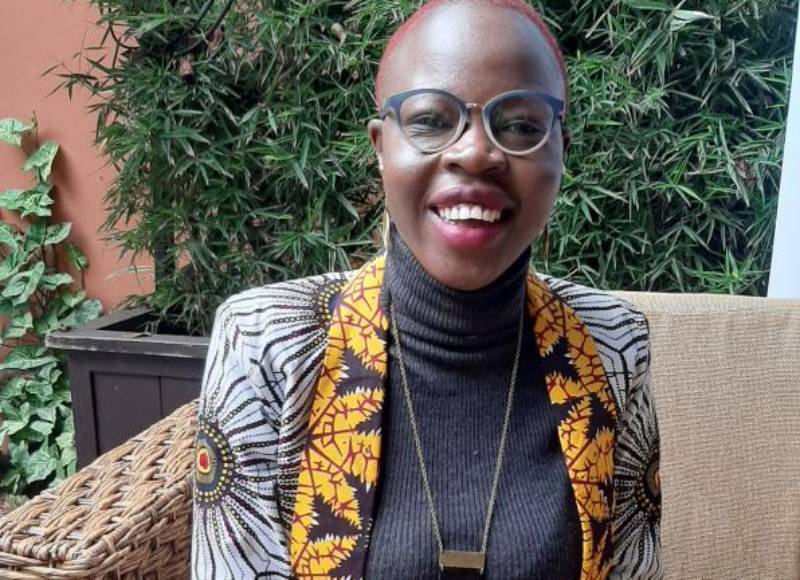×
The Standard e-Paper
Kenya’s Boldest Voice

Sophie Otiende says a traumatic experience in her childhood left her scarred. “When I was 13, a relative, instead of taking me to school, kept me in his house for a year where I was physically and sexually abused almost every day,” she says.